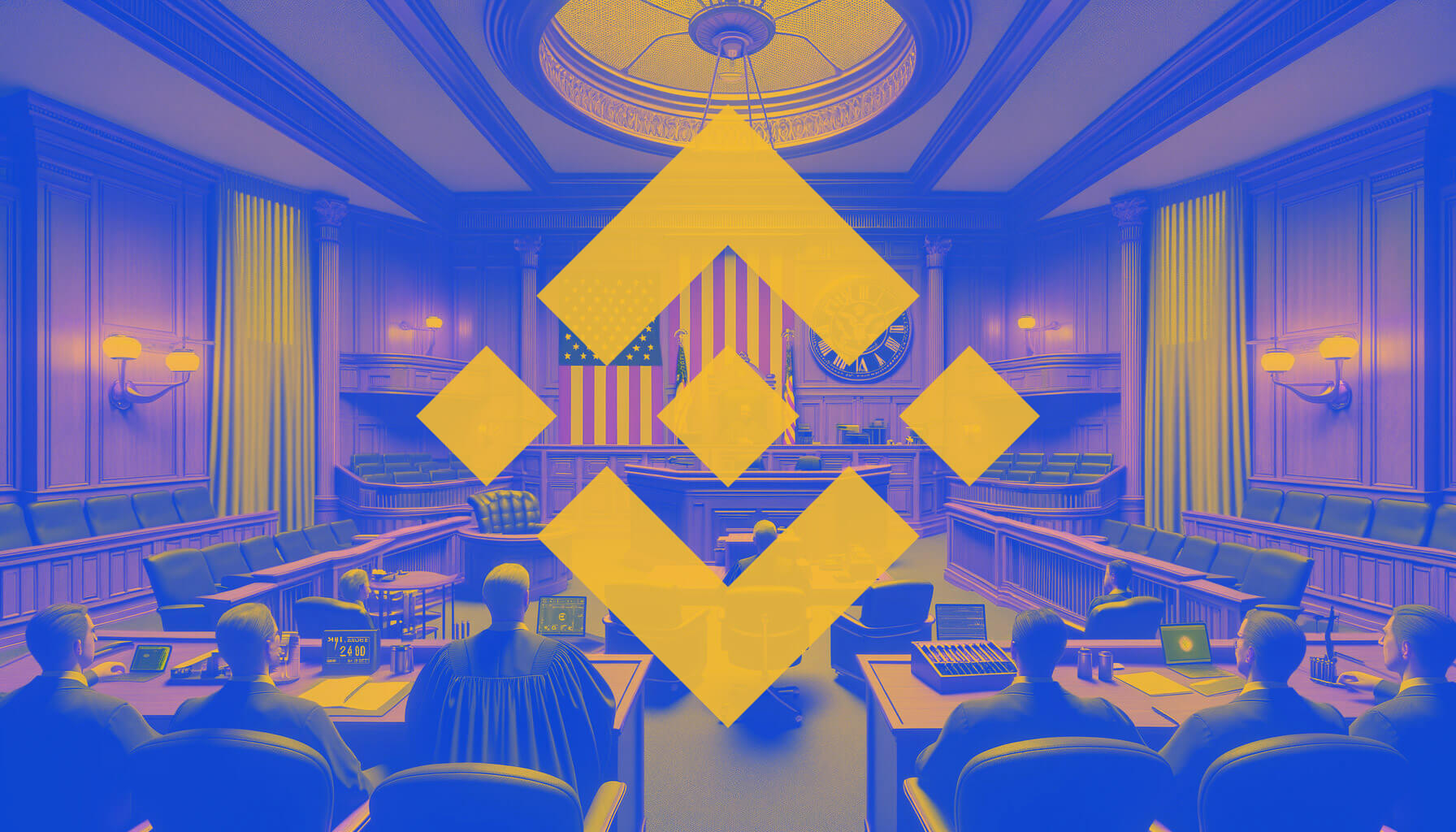
A hearing on Monday focused on the U.S. Securities and Exchange Commission’s (SEC) pending charges against Binance, Reuters reported on January 22.
Binance attorney Matthew Gregory argued during the hearing that the SEC has not set clear rules for the cryptocurrency sector. He said:
“The SEC to this day talks out of both sides of its mouth when it comes to crypto tokens… They tell the industry (to) come in and register, while at the same time holding the door shut with their other hand and prevent there is a viable path to do that.”
SEC lawyers countered that the one test, which would implicitly be the Howey test, is intended to be applied flexibly to financial products. SEC lawyers said there is “no bright line” to distinguish securities from non-securities.
Binance otherwise asked Judge Amy Berman Jackson, who is presiding over the case, to dismiss the SEC’s charges against it and related parties.
The SEC originally charged Binance and its former CEO, Changpeng Zhao, in June 2023. It alleged that the company operated unregistered national securities exchanges and other services, misrepresented Binance.US’ trading controls and oversights, and conducted unregistered offers and sales of securities. .
Binance’s court hearing follows a Jan. 17 hearing on similar allegations by the SEC against Coinbase, its competitor. Coinbase also called for dismissal.
Judge was highly critical of Binance
Several reports from the current hearing suggest that Judge Jackson was highly critical of Binance’s arguments during his testimony.
Reuters stated that Judge Jackson rejected one argument in which Binance lawyers relied on the big questions doctrine. That argument suggests that the SEC cannot take certain regulatory actions without congressional approval.
Fortune reporter Leo Schwartz, meanwhile, said that Judge Jackson ruled against Binance’s claim that securities offerings must include contracts. Judge Jackson joked, “You’re a little too cute” and responded that the Howey test includes broader language. She then criticized an analogy in which Binance argued that baseball cards, which are not generally considered securities, share some similarities with the products currently under discussion.
According to crypto lawyer Jeremy Hogan, the judge was also critical of Binance’s honest defense. This line of argument suggests that the SEC should have informed Binance that it had committed securities violations before filing charges.
The judge also addressed SEC arguments
Judge Jackson also closely questioned the SEC, another said account of the procedure by Blockworks journalist Casey Wagner.
In its original set of charges, the SEC argued that Binance’s native cryptocurrencies, including BNB and the largely defunct Binance USD (BUSD) stablecoin, are securities. The SEC also argued that several other tokens processed but not issued by Binance are also securities – including but not limited to Cardano (ADA), Polygon (MATIC), and Solana (SOL).
Jackson was critical of those arguments, as she stated:
“If it’s so obvious that these are securities, where is that? [SEC] been? And why is it not relevant that the SEC has taken the opposite position or not imposed a condition for so many years?”
Later, an SEC attorney responded that the Howey Test clearly shows that regulators do not need to contact parties to remind them of potential violations.
Judge Jackson additionally expressed concerns about the various third-party tokens that Binance processes but is not responsible for issuing. She said she is “concerned about the discovery and multiple litigation” that each named asset could bring, noting that issuers are not currently parties to the lawsuit.
The SEC’s claims otherwise rest in part on the statement that many continued efforts in the relevant crypto assets involve a ‘reasonable expectation of profit’, which satisfies part of the Howey test. However, it remains to be seen how the SEC will argue its case in future proceedings.

